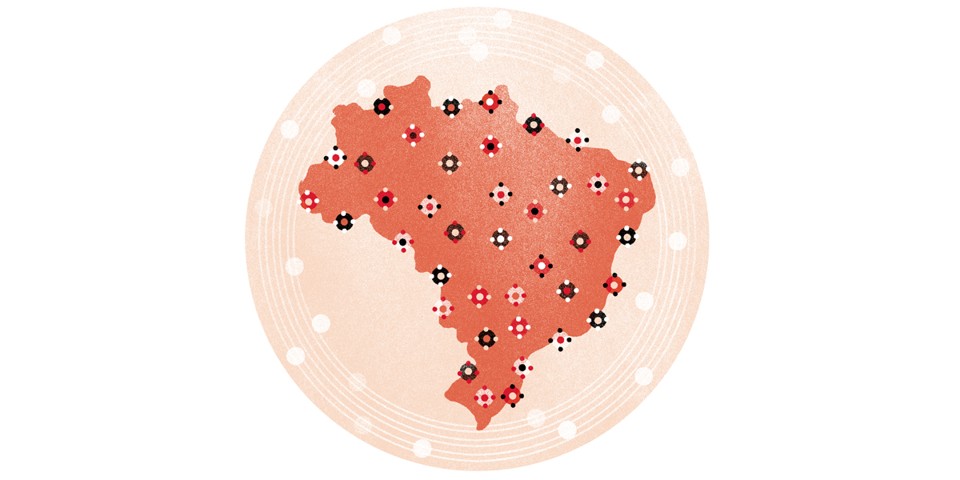
Ouça este conteúdo
If the principle of subsidiarity shows us that the lower levels are the main protagonists in the development of society, it is enough to convey this reasoning to the political organization of a nation to realize that there is something wrong not only when individuals become passive subjects waiting for the action of the public power, but also when local governments are stifled by a mammoth and regulatory federal government. The federative model is, when applied in an authentic way, is an institutional reflection of the principle of subsidiarity.
"It is there, in the municipalities that people's lives happen. No one lives in the State, no one lives in the Union, people live in cities” former President Dilma Rousseff told a group of mayors in July 2014. In fact, it is in the municipalities that the day to day of the population unfolds, and the consequence of this is that the public administration that is closest to the people is exactly the municipal one. It is at the local level that public managers know better the community problems and needs, as well as the solutions that best suit the characteristics of that region. But the federative model currently in force in Brazil transfers a large part of the decisions to the federal sphere, whether in the Executive or in the Legislative Power. If the states already have little autonomy, the decision-making power in the municipalities is even more restricted. This is one of the reasons for the criticism of the failure of so many councilmen, limited to granting honorific titles, to name streets and to serve as brokers to parochial interests, but whose room to maneuver for citizen interest definitions is reduced by the flood of federal and state laws.
"It is there, in the municipalities that people's lives happen. No one lives in the State, no one lives in the Union, people live in cities” former President Dilma Rousseff told a group of mayors in July 2014. In fact, it is in the municipalities that the day to day of the population unfolds, and the consequence of this is that the public administration that is closest to the people is exactly the municipal one. It is at the local level that public managers know better the community problems and needs, as well as the solutions that best suit the characteristics of that region. But the federative model currently in force in Brazil transfers a large part of the decisions to the federal sphere, whether in the Executive or in the Legislative Power. If the states already have little autonomy, the decision-making power in the municipalities is even more restricted. This is one of the reasons for the criticism of the failure of so many councilmen, limited to granting honorific titles, to name streets and to serve as brokers to parochial interests, but whose room to maneuver for citizen interest definitions is reduced by the flood of federal and state laws.
"The federative model, applied in an authentic way, is an institutional reflection of the principle of subsidiarity"
The striking evidence of the failure of the current Brazilian federative model lies in the tax structure, where 70% of the total collection corresponds to federal taxes. The Union receives most of this cake to finance its own structure, and also transforms the return of resources to states and municipalities in a currency of political exchange, provoking episodes such as the periodic march of mayors to Brasilia. While on the one hand it is true that the state and federal spheres can promote a redistribution of resources from the more prosperous areas (and that provide greater tax revenue) to the most needy, on the other hand, this redistribution does not in any way require the Union to take for itself a huge chunk of taxes which could have stayed from the start in its places of origin, eliminating bureaucracy and political bargaining.
] As in the case of the relationship between individuals and public power, our federative model also needs an inversion that effectively turns the country into a federative republic, decentralizing the administration and giving greater power of decision to municipalities and states. After all, they are responsible, for example, for costing most of the structure and personnel in the areas of health, education and security, but when it comes to public policies or strategies, they have to follow the decisions of the bureaucracy established in Brasilia, far removed from local realities (and often disrespecting them), far from where people's lives happen.



